Few men have lived lives so perfectly calibrated for dramatic adaptation as Mark Antony. Rome's most charismatic bad boy — the general who could drain a wineskin with common soldiers one evening and sail into Alexandria the next, perfumed like divinity, trailing music and international incident in equal measure.
Picture: broad shoulders carrying world-class ambition, voice that could move Senate debates or seduce Egyptian queens, appetites so legendary they required their own biographical footnotes. The man who made every entrance feel like theatre and every exit like tragedy waiting to happen.
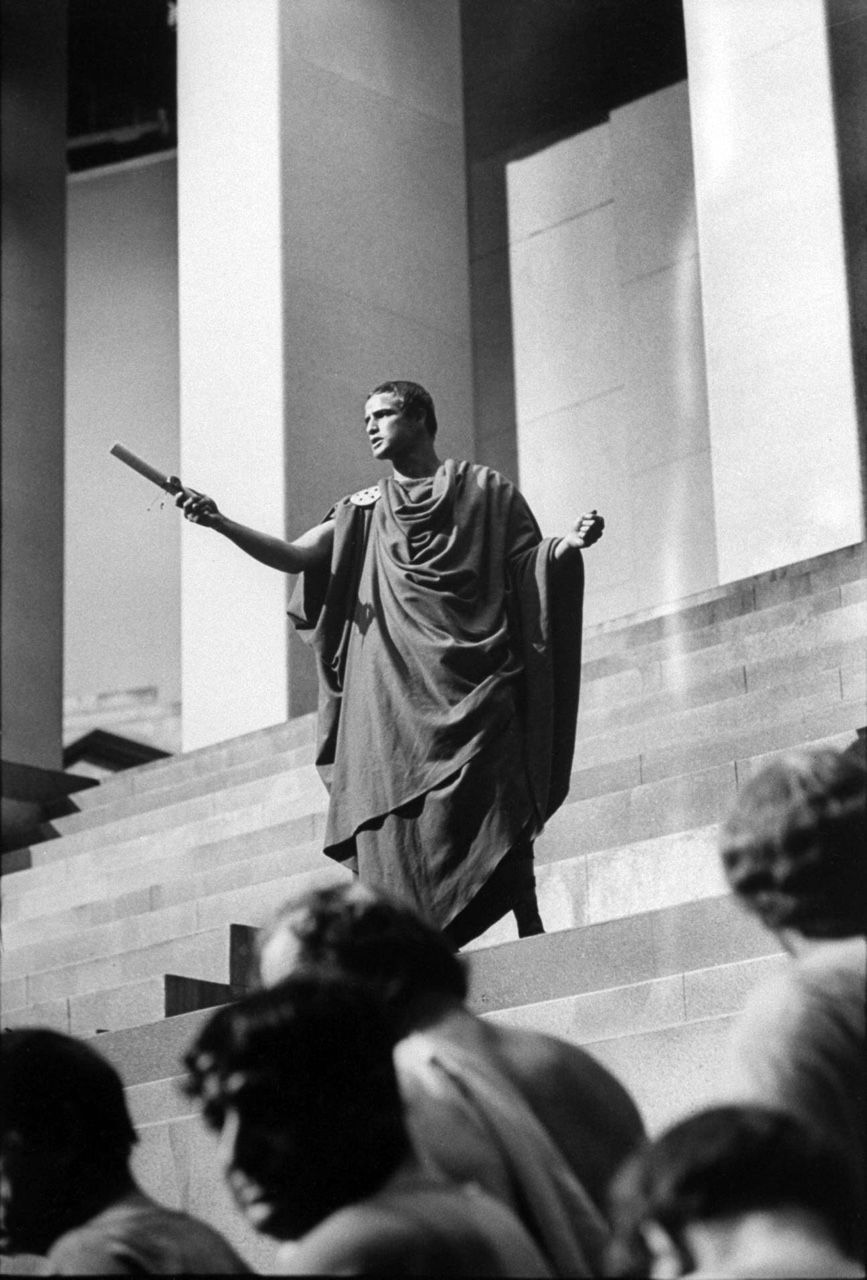
Hollywood couldn't resist that kind of raw material. Neither could Shakespeare, who understood that some historical figures come pre-loaded with dramatic arc — the loyal lieutenant who becomes revolutionary, the Roman who abandons empire for love, the general whose greatest victories feel like defeat and whose final defeat feels like victory.
Over centuries, Antony has been recast, rewritten, romanticised — sometimes heroic soldier, sometimes tragic fool, always the doomed lover to Cleopatra's glittering queen. Every actor who's worn his laurel crown brings a different shade to the man who blurred boundaries between history and performance, politics and passion.
Here are the leading men who've tried to capture lightning in ancient armour:
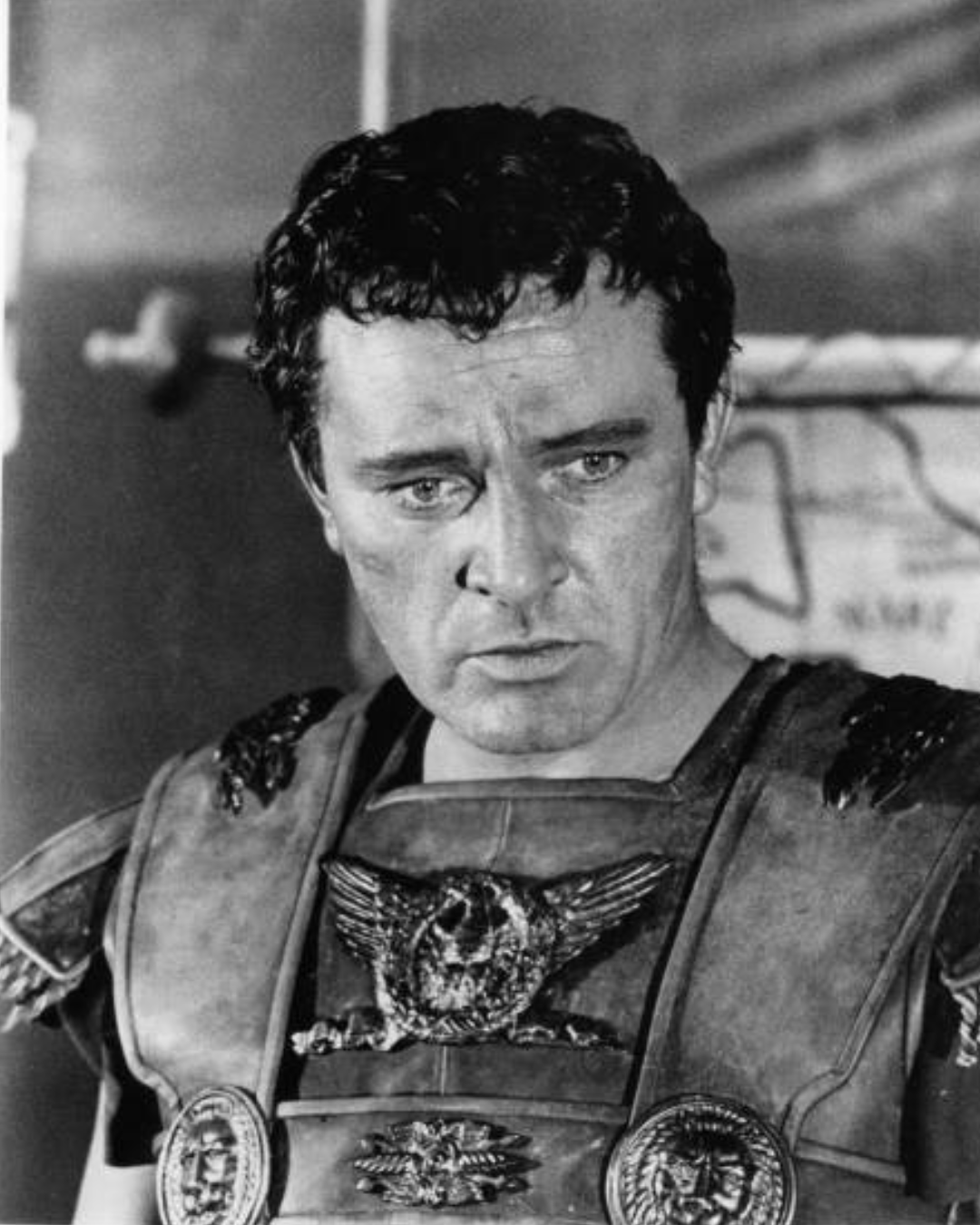
Richard Burton – Cleopatra (1963)
The definitive screen Antony, thunderous and magnetic opposite Elizabeth Taylor's eponymous queen. Burton understood that Antony's tragedy wasn't weakness but excess strength — passion so complete it made rational choice impossible. Their real-life affair bleeding through every scene made an ancient love story feel scandalously contemporary.
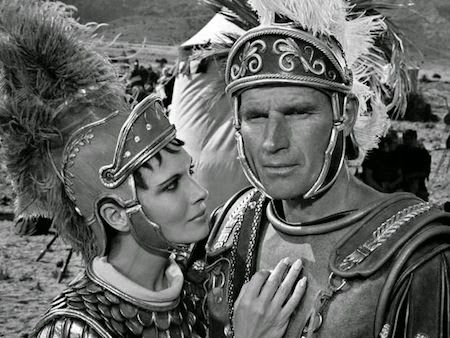
Charlton Heston – Antony and Cleopatra (1972)
Director-star bringing Shakespeare's language to sun-baked locations, Heston's Antony carried proper Roman gravitas — the career soldier who discovers love can be more intoxicating than victory. Less romantically swaggering than Burton, more authentically weary.
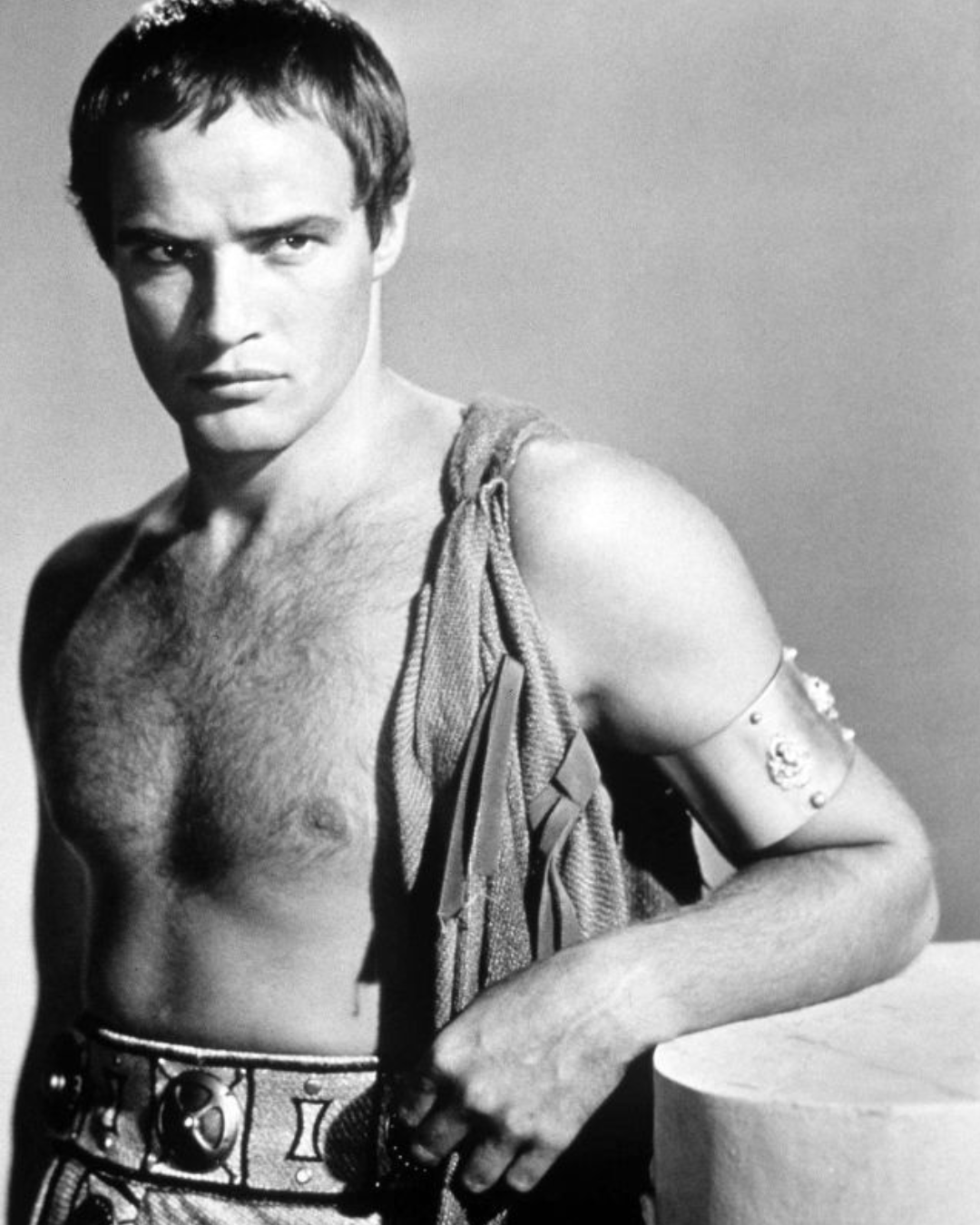
Marlon Brando – Julius Caesar (1953)
The young Antony, before Egyptian entanglement complicated everything. Brando's famous "Friends, Romans, countrymen" speech captures the orator who could transform grief into a political weapon, personal loss into public revolution. Restrained power waiting to explode.
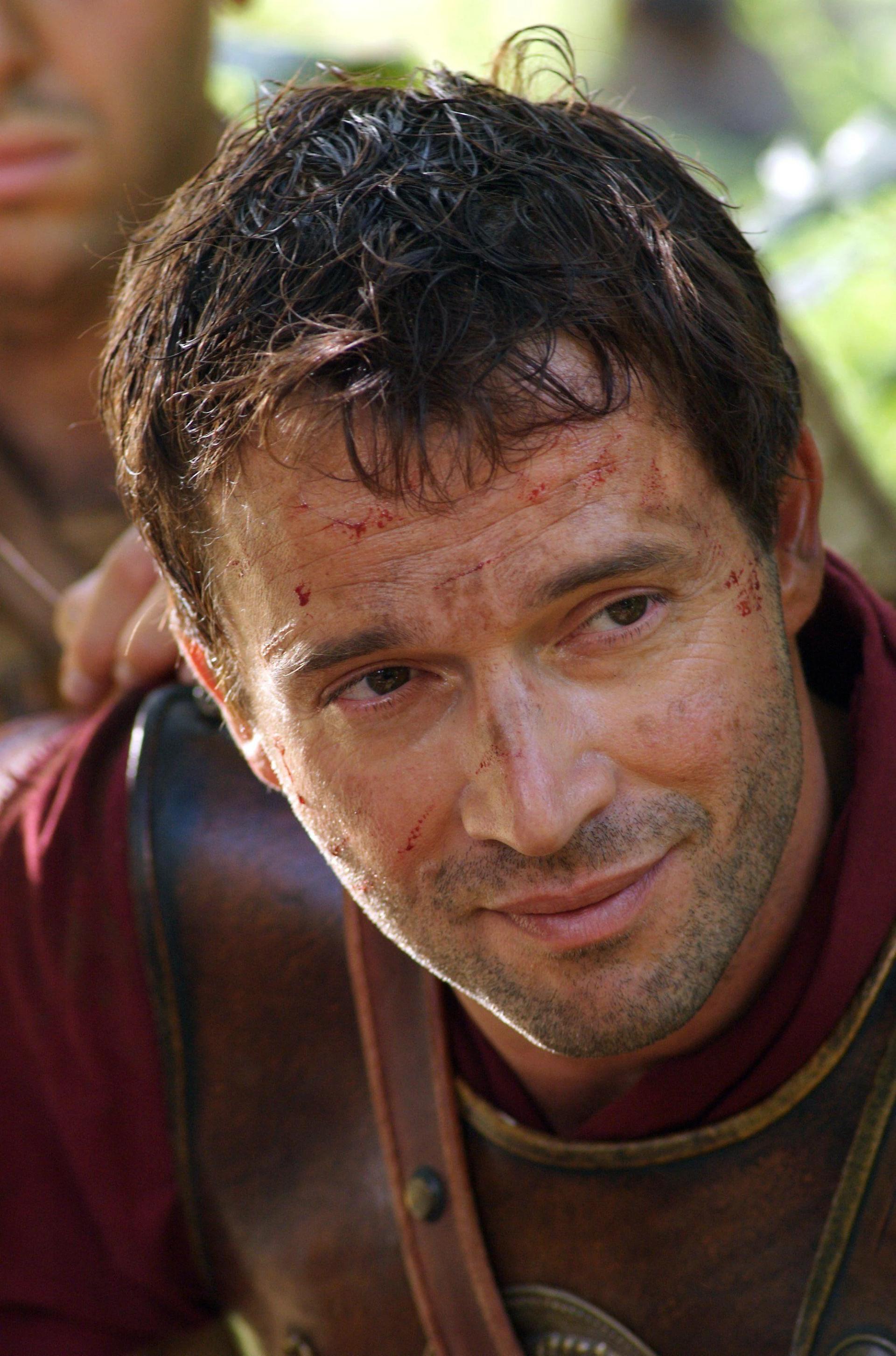
James Purefoy – Rome (HBO, 2005–2007)
Fan-favorite Antony for modern audiences: a charismatic hedonist with genuine depth beneath the swagger. Purefoy understood that Antony's appetites weren't character flaws but survival strategies — the man who lived fully because he understood how quickly everything could disappear.
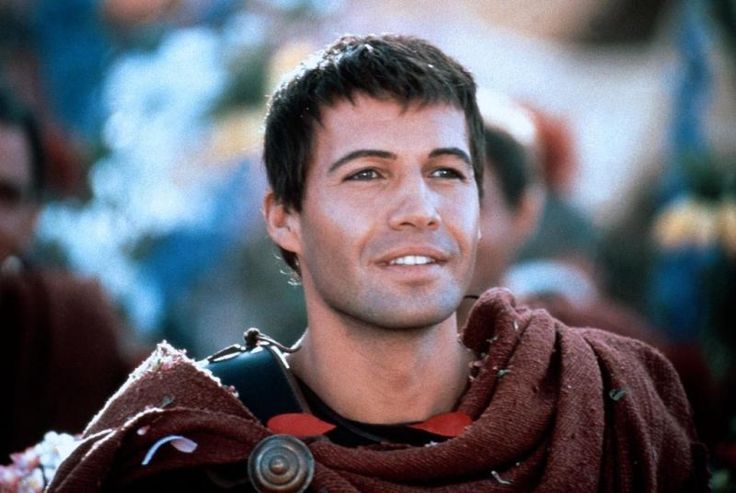
Billy Zane – Cleopatra (1999)
In this miniseries, Antony is a romantic sweep opposite Leonor Varela's politically astute queen. Regan played the general caught between duty and desire, Roman training and eastern seduction, with conviction that made their doomed partnership feel inevitable rather than foolish.
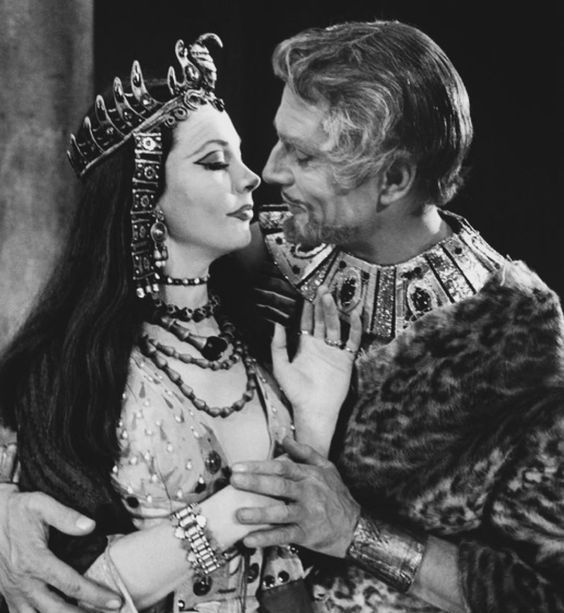
Laurence Olivier – Antony and Cleopatra (Stage, 195)
The theatrical legend bringing Shakespeare's tragic hero to live audiences with signature intensity. Olivier's Antony carried weight of classical tradition — the man destroyed by love because he was too noble to love halfway.
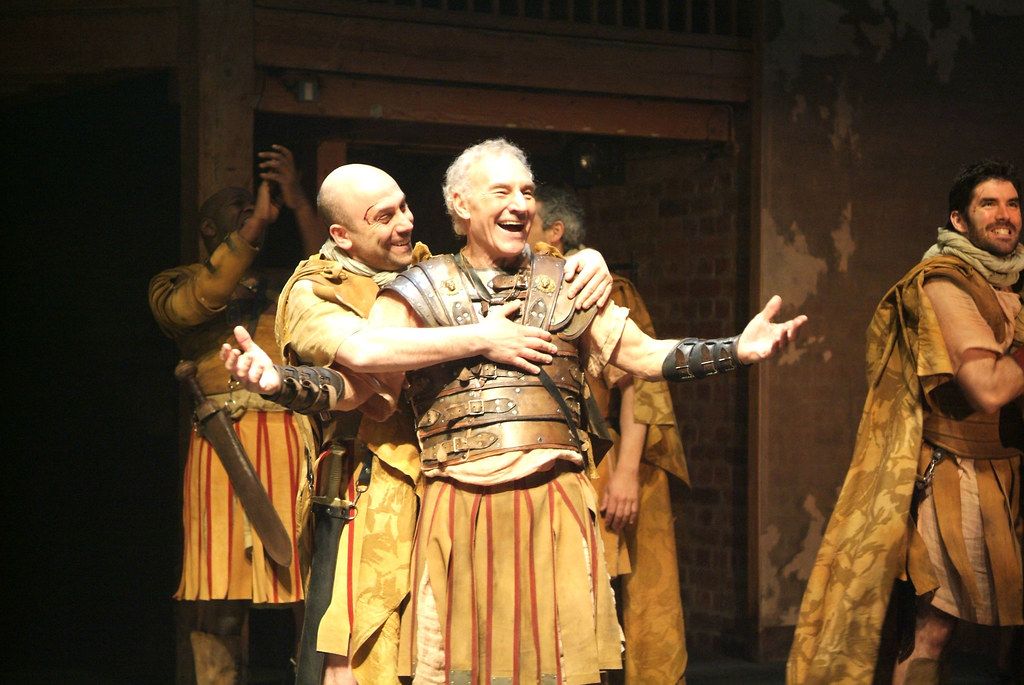
Patrick Stewart – Antony and Cleopatra (RSC, 2006)
A mature, introspective interpretation focusing on Antony's final chapter — the aging general facing the consequences of a lifetime spent choosing passion over prudence. Stewart found dignity in decline, wisdom in defeat.
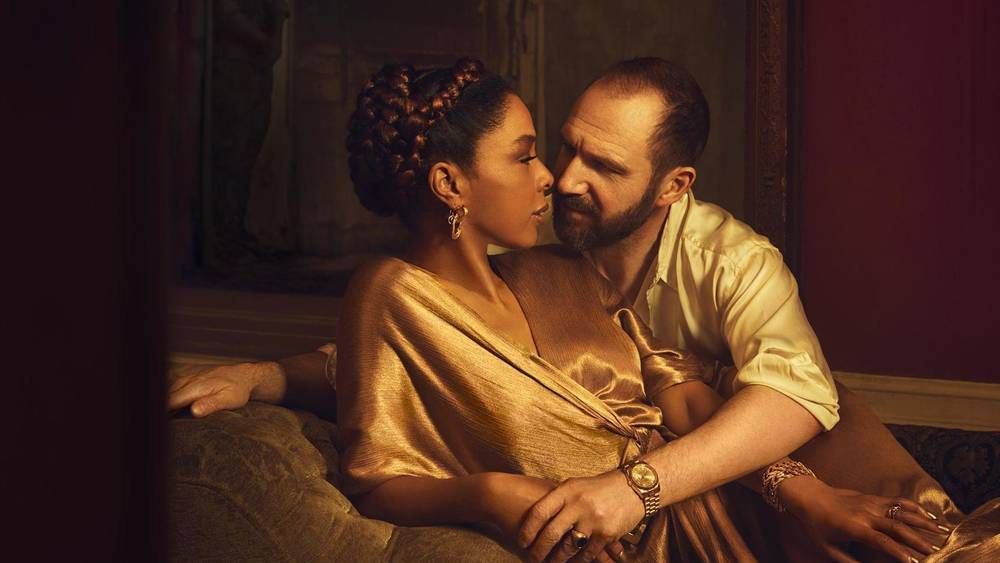
Ralph Fiennes – Antony and Cleopatra (National Theatre Live, 2018)
Magnetic vulnerability opposite Sophie Okonedo's fierce queen. Fiennes captured the essential of Antony's paradox: the most powerful man in his world rendered helpless by love, strength and weakness occupying same body.



